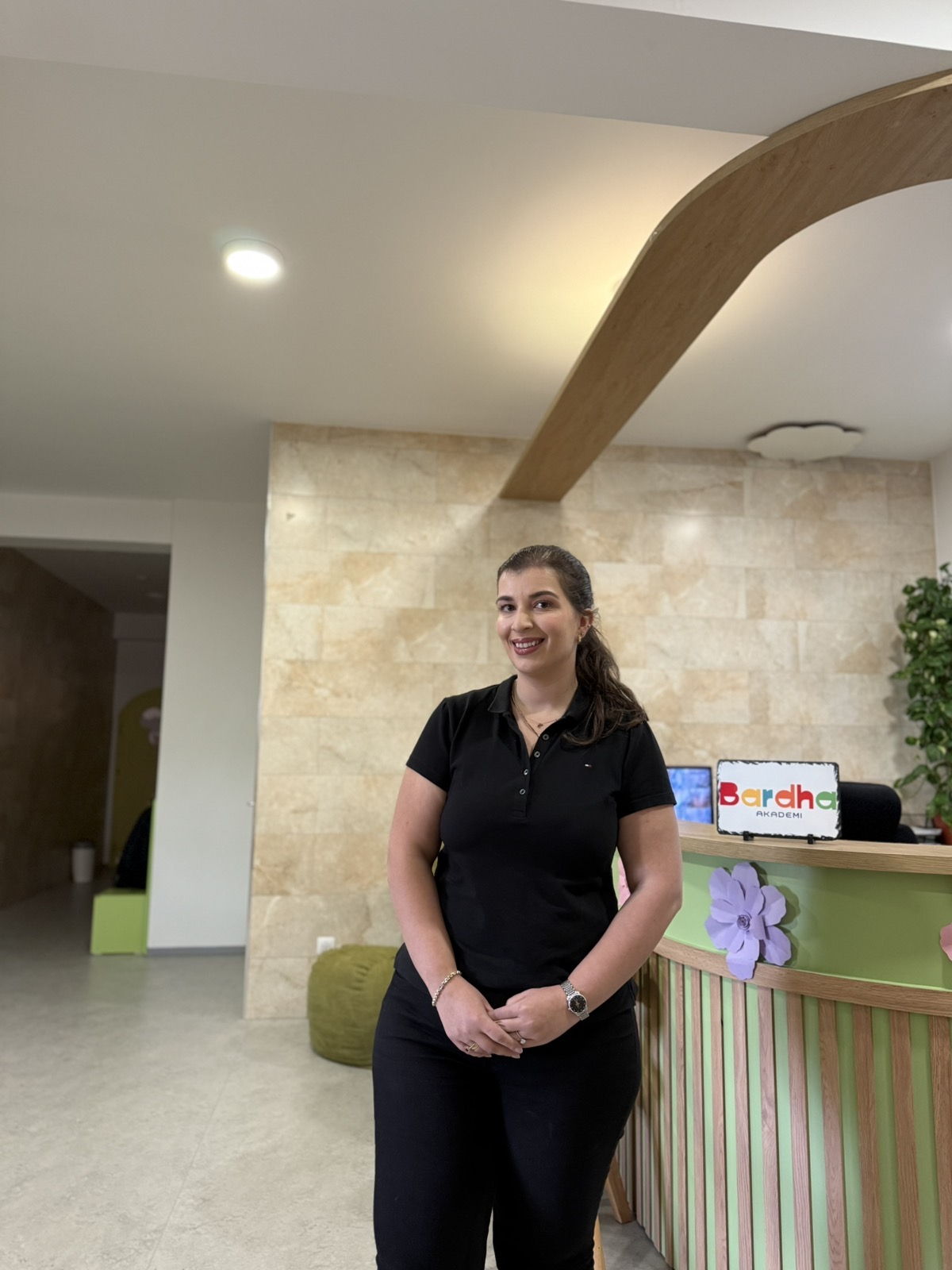Finding the perfect nursery for your child is an important and exciting step in their journey toward healthy development and early education. While it may seem like a daunting task, with a few simple tips, you can make an informed and confident decision. Here are some key factors to consider when choosing the best nursery for your child.
1. Child’s Safety – Top Priority
Safety should always come first, and it must be a primary factor when choosing a nursery. Make sure that the nursery offers a safe, clean, and risk-free environment. Here are some questions to ask when evaluating safety:
- Are the indoor spaces secure and hygienic?
- Does the nursery have procedures in place for emergencies (such as fire drills, accidents, etc.)?
- Are there child-friendly areas that ensure the safety and development of younger children?

Additionally, check for any licenses and safety inspections the nursery has passed to ensure it meets the necessary legal standards.
2. Staff Qualifications – Expertise and Care for Children
Another crucial factor is the qualifications of the nursery staff. Educators and caregivers should have adequate knowledge and training to work with children of various ages. Some points to consider include:
- Do the educators have professional qualifications (such as a degree in early childhood education, psychology, or related fields)?
- Are there ongoing training programs for staff to stay up to date with best practices?
- How committed is the staff to providing emotional and developmental support for the children?
A qualified staff is the foundation of a great experience for children, as they help them grow in a safe and nurturing environment.
3. Educational Activities – Games That Support Skill Development
In a good nursery, activities aren’t just meant to keep children entertained, but they are an excellent opportunity to teach them new skills and help them grow. Activities should be diverse and focused on:
- Cognitive Development: Activities that include educational games, songs, coloring, and other tasks that help develop thinking and problem-solving skills.
- Social and Emotional Development: Games that encourage cooperation and teach feelings like friendship, helping others, and sharing.
- Physical Development: Activities that help children develop motor skills and strengthen their bodies, such as outdoor games, walking, and creative play.
If the nursery offers a rich, diversified program of activities that cover all these areas, you can rest assured that your child will have a well-rounded and balanced experience.
4. Opportunities for Personal Growth and Development
The nursery you choose should offer opportunities for the child’s growth in various directions. Some important aspects of development include:
- Encouraging Excellence: Learn how the nursery nurtures individual talents, offering opportunities for exploration, learning, and natural growth.
- Promoting Independence: Does the nursery help children develop independent skills and make simple decisions in their daily routines?
- Support for Special Needs: If your child has special needs, it’s essential to check whether the nursery can offer specific support, such as assistance with language or emotional development.
5. Parent Collaboration – Communication and Transparency
Another important element is the level of communication and collaboration between parents and the nursery. Since children spend a significant portion of their day at the nursery, it’s important for parents to be informed about their child’s progress and development. This can include:
- Regular Reports: The nursery should provide parents with updates on their child’s activities and progress regularly.
- Support for Parents: A good nursery offers opportunities for advice and support for parents, helping them manage different stages of their child's development.
An added convenience for parents who want to stay informed in real-time about their child’s activities is the use of platforms like kidsday. These platforms allow parents to track daily activities, receive updates on their child’s progress, and communicate directly with educators, ensuring parents are always in the loop and engaged in their child’s nursery experience.
Finding the right nursery for your child may seem like a lengthy process, but by considering these key factors—safety, staff qualifications, educational activities, opportunities for development, and parent collaboration—you can make an informed and confident choice. Moreover, don’t hesitate to visit multiple nurseries, talk to educators and other parents, and consider every detail that could impact your child’s development. The right nursery is an important step in laying a strong foundation for your child’s future.








